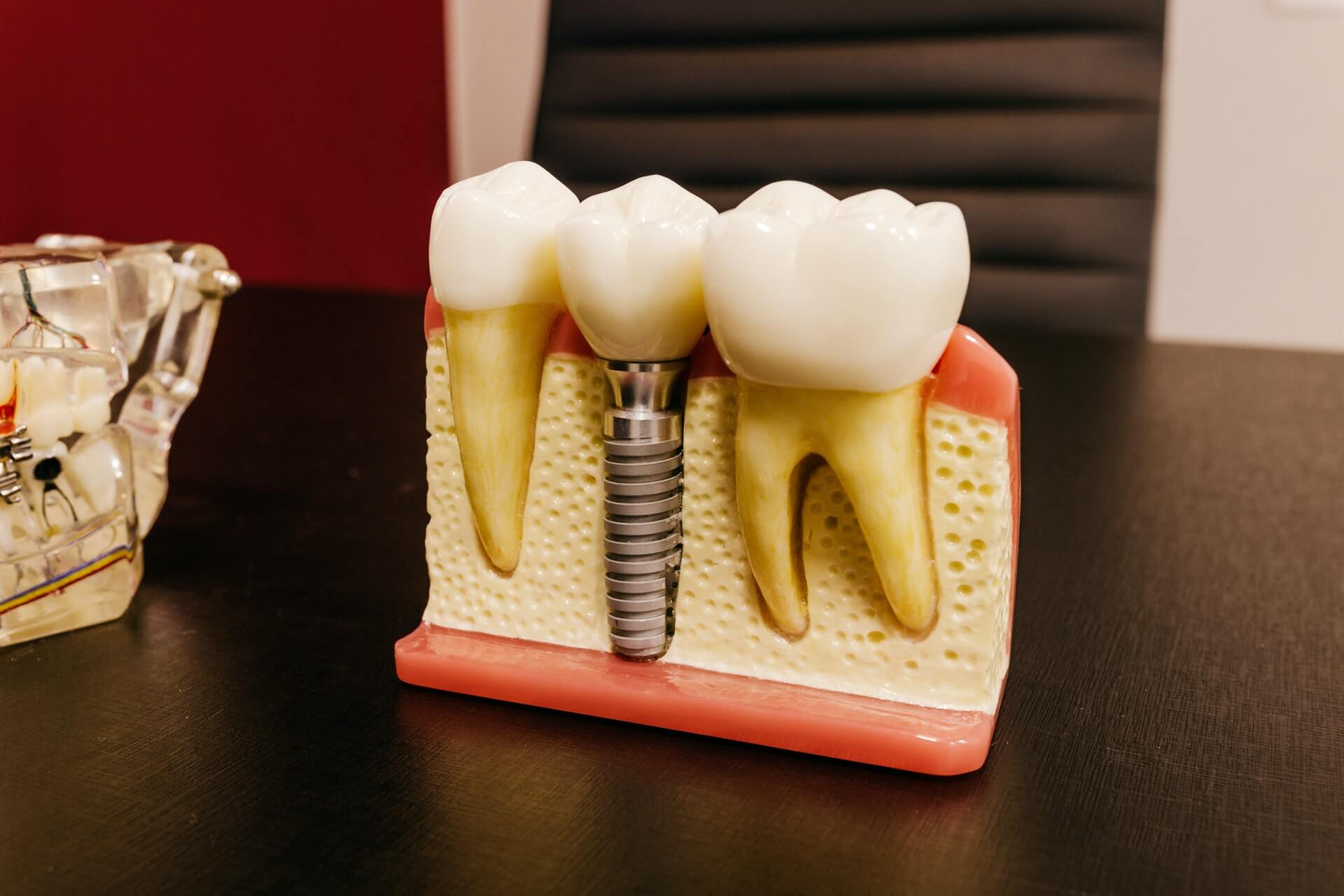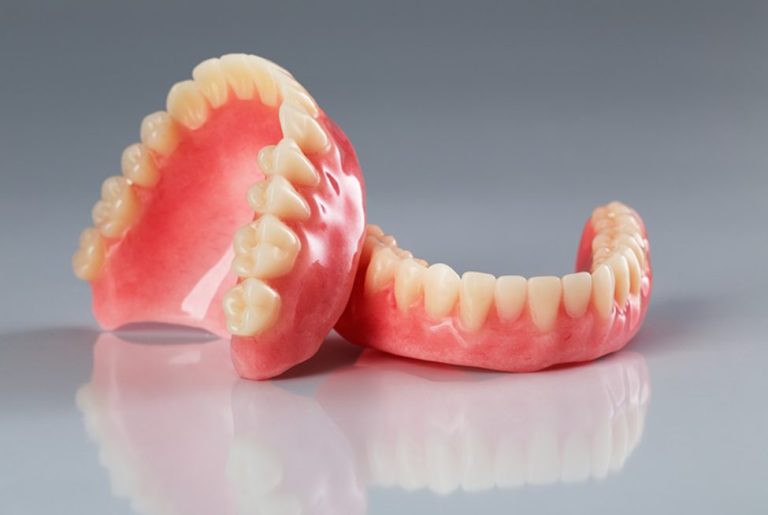Contents
Understanding HSAs
A Health Savings Account (HSA) is a tax-advantaged savings account that can be used to pay for qualified medical expenses, including dental implants. HSAs are designed to help individuals save for healthcare costs while enjoying significant tax benefits.
Eligibility for HSAs
To be eligible to contribute to an HSA, you must meet the following criteria:
- You must be enrolled in a high-deductible health plan (HDHP).
- You must not be enrolled in Medicare.
- You cannot be claimed as a dependent on someone else’s tax return.
Tax Benefits of HSAs
HSAs offer a triple tax advantage:
- Contributions are tax-deductible: Contributions to your HSA are tax-deductible, which means you can reduce your taxable income by the amount you contribute.
- Earnings grow tax-free: Any interest or investment earnings in your HSA grow tax-free.
- Distributions are tax-free: Distributions from your HSA are tax-free as long as they are used to pay for qualified medical expenses, including dental implants.
Using HSA for Dental Implants
Dental implants are generally considered a qualified medical expense for HSA purposes. This means you can use your HSA funds to pay for the cost of dental implants, including the implant itself, the abutment, and the crown.
Practical Considerations
While using HSA for dental implants can offer significant financial benefits, there are a few practical considerations to keep in mind:
- Keep receipts: It is important to keep receipts for all dental implant expenses paid with HSA funds. This will help you substantiate your expenses in case of an IRS audit.
- Plan ahead: Dental implant treatment can be a lengthy process. It is important to plan and ensure you have sufficient funds in your HSA to cover the entire cost of treatment.
- Consult a tax advisor: If you have any questions about using HSA for dental implants, it is always best to consult a tax advisor.
HSA Contribution Limits
The IRS sets annual contribution limits for HSAs. For 2023, the contribution limits are as follows:
- Individual: $3,850
- Family: $7,750
If you are 55 or older, you can make an additional catch-up contribution of $1,000.
Advantages of Using HSA for Dental Implants
Using HSA for dental implants offers several advantages:
- Tax savings: You can save on taxes by using pre-tax dollars to pay for dental implants.
- Flexibility: You can use your HSA funds to pay for any qualified medical expense, not just dental implants.
- Portability: Your HSA is portable, which means you can take it with you if you change jobs or health insurance plans.
Disadvantages of Using HSA for Dental Implants
There are a few potential disadvantages to using HSA for dental implants:
- High-deductible health plan: To be eligible to contribute to an HSA, you must be enrolled in a high-deductible health plan (HDHP). This means you will have to pay more out-of-pocket for healthcare expenses before your insurance coverage kicks in.
- Penalties for non-qualified expenses: If you use your HSA funds for non-qualified expenses, you will have to pay income tax on the distribution plus a 20% penalty.
- Limited investment options: Some HSA providers offer limited investment options.
Alternatives to HSAs
If you are not eligible to contribute to an HSA, or if you are looking for other ways to finance dental implants, there are a few alternatives to consider:
- Dental insurance: Some dental insurance plans cover a portion of the cost of dental implants.
- Payment plans: Many dental practices offer payment plans to help patients finance the cost of dental implants.
- Personal loans: You may be able to obtain a personal loan to pay for dental implants.
Conclusion
HSA for dental implants can be a valuable tool for individuals looking to save on the cost of dental implants while enjoying significant tax benefits. By understanding the eligibility criteria, tax benefits, and practical considerations involved, you can make informed decisions about using your HSA to finance your dental implant treatment.
Read More: Medicare Supplement Insurance in Florida: A Comprehensive Guide






